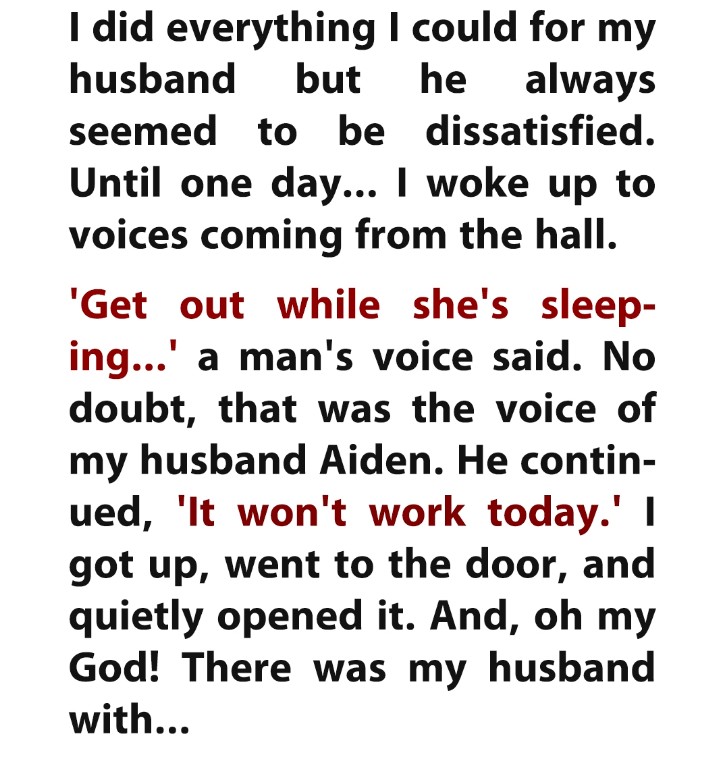I used to believe love meant endurance. That if I stayed long enough, gave enough, forgave enough, he’d change. I poured from an empty cup, hoping my sacrifice would be enough to keep us whole. He mistook my silence for surrender, my loyalty for weakness. He thought I’d never leave.
But love isn’t martyrdom. It’s not washing his dinner plate while wondering if he’ll ever ask about my day. It’s not crying quietly in the dark, convincing myself that hurting forever is noble if it keeps him happy. I was drowning in a life that looked perfect from the outside but felt hollow within.
He believed I was tethered to the comfort he provided—the homes, the lifestyle, the illusion of stability. What he didn’t see was the erosion of my spirit. He underestimated the quiet strength of a woman who’s had enough. And when I finally walked away, he called it betrayal. I called it survival.

I thought I’d never heal. That the pain of leaving would be worse than the pain of staying. But healing doesn’t come all at once—it arrives in fragments. In the silence that no longer feels lonely. In the mornings where I no longer brace for disappointment. In the rediscovery of my own worth.
We were both wrong. He thought I’d never leave. I thought I’d never heal. But I did both. And in doing so, I found something far more powerful than love that demands suffering—I found peace.
